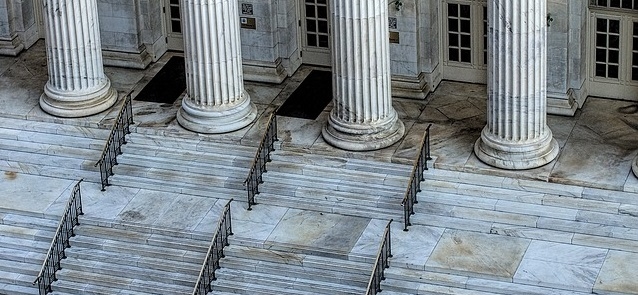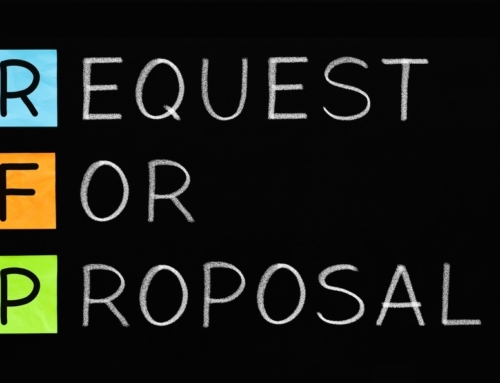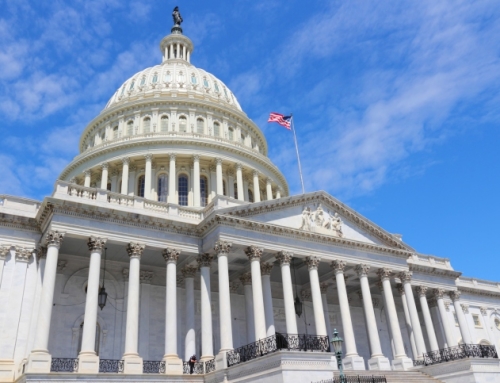A California company successfully argued the state’s ABC test should not have applied to its IC classification case. Uber asks the US Supreme Court to enter driver classification fray.
AB 5 not retroactive. A California company successfully argued the ABC test should not have applied to its IC classification case.
Vendor Surveillance Corp. was assessed more than $278,000 in unemployment taxes after the California Employment Development Department found the company misclassified its project specialists as independent contractors in 2011-2013, The San Diego Union-Tribune reported.
The department based its classification finding on the state’s AB 5 law, which codified the ABC test used in the California Supreme Court’s landmark 2018 Dynamex ruling. The court later ruled the ABC test could be applied retroactively.
However, the ABC test applies only to alleged wage violations. Because Vendor Surveillance Corp.’s case involved unemployment taxes, only the Borello test applied, the San Diego division of the court of appeal noted. While AB 5 expanded the ABC test to unemployment insurance tax assessments, the test only applies in that context to work performed since Jan. 1, 2020, The San Diego Union-Tribune reported.
The victory was short-lived, however, as the company failed the test’s predecessor, known as Borello, the paper reported.
Uber appeals to SCOTUS. Uber Technologies Inc. has asked the US Supreme Court to restore the ride-hailing company’s early win in a lawsuit by drivers in Philadelphia seeking minimum wage and overtime pay, Reuters reported.
The case, Razak, et al. v. Uber Technologies, involves UberBlack drivers in Philadelphia who allege they were misclassified as independent contractors. A federal district court in 2018 determined the drivers were not employees as a matter of law. Upon appeal, the Third US Circuit Court of Appeals reversed that summary judgement in March 2020, reviving the drivers’ lawsuit.
While UberBlack drivers set their own schedules and have some ability to select passengers, a judge or jury must determine if Uber still maintains the right to control several aspects of their work and their opportunities for profit, the appeals court said, reversing the Eastern District of Pennsylvania’s summary judgment in Uber’s favor. A company’s control over a worker is a major factor in determining whether an employee or contractor relationship exists.
If the Supreme Court accepts the case, it would be its first foray into the proper classification of gig economy workers.









